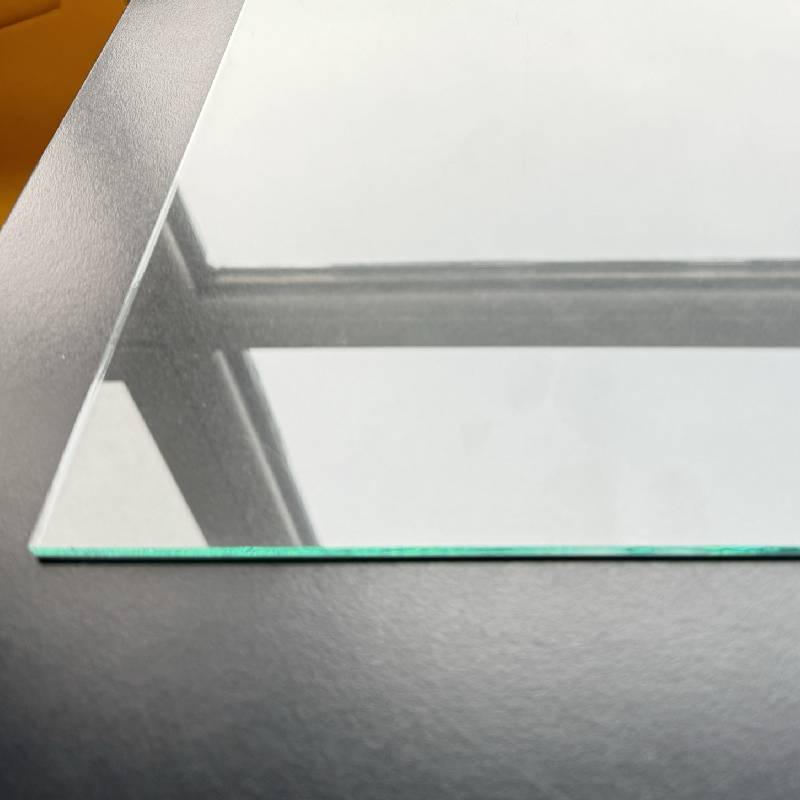

The Importance of Horticultural Float Glass in Modern Agriculture
In recent years, the agricultural industry has undergone a significant transformation, driven largely by advances in technology and materials science. One such innovation that has gained traction is horticultural float glass, a specialized type of glass that has become integral to modern greenhouse construction and plant cultivation. This article delves into the unique properties of horticultural float glass, its benefits for growers, and its impact on agricultural productivity.
Horticultural float glass is manufactured through a process that involves floating molten glass on a layer of molten metal, typically tin. This method results in a sheet of glass that is not only exceptionally flat and clear but also uniform in thickness. These characteristics are critical for horticultural applications, as they maximize light transmission and ensure that plants receive the optimal amount of sunlight needed for photosynthesis. Unlike traditional glass, which may have imperfections that scatter light, horticultural float glass provides a more consistent and focused light spectrum.
One of the primary advantages of horticultural float glass is its ability to transmit a wide range of wavelengths, particularly in the blue and red spectra, which are essential for plant growth. This enhanced light transmission can lead to faster plant growth rates, higher yields, and improved quality of produce. By utilizing horticultural float glass in greenhouses, farmers can create an environment that mimics natural sunlight, thereby optimizing plant health and productivity year-round, regardless of external weather conditions.

Another significant benefit of horticultural float glass is its durability. This type of glass is designed to withstand various environmental stresses, including high humidity, temperature fluctuations, and mechanical impacts. Unlike plastic alternatives, which may degrade over time and require frequent replacement, horticultural float glass maintains its structural integrity and clarity for many years. This longevity translates into lower long-term costs for greenhouse operators and ensures that their investments continue to pay off over time.
Moreover, horticultural float glass is also environmentally friendly. Its production process typically involves less energy consumption compared to the manufacturing of other types of glass, contributing to a lower carbon footprint. Additionally, the longevity of horticultural float glass means that less waste is generated from frequent replacements. As the agricultural sector increasingly prioritizes sustainability, the adoption of such materials aligns perfectly with these eco-friendly initiatives.
Furthermore, the aesthetic appeal of horticultural float glass cannot be overlooked. Its transparency offers a clear view of the plants inside, creating a visually pleasing environment that can attract customers to garden centers and commercial growers. This aspect is particularly important for businesses that rely on direct consumer engagement, as a well-lit and beautiful display of healthy plants can significantly influence purchasing decisions.
In conclusion, horticultural float glass has revolutionized the agricultural landscape by providing an effective solution for greenhouse construction and plant cultivation. Its unique properties, including high light transmission, durability, and environmental sustainability, make it an ideal choice for growers seeking to maximize productivity and efficiency. As the demand for high-quality produce continues to rise, horticultural float glass stands as a vital component in the future of agricultural innovation. Embracing this material not only supports improved plant health and yields but also aligns with the broader goals of sustainability and eco-friendliness in modern farming practices. The future of horticulture, indeed, looks bright with the continued adoption and advancement of horticultural float glass.